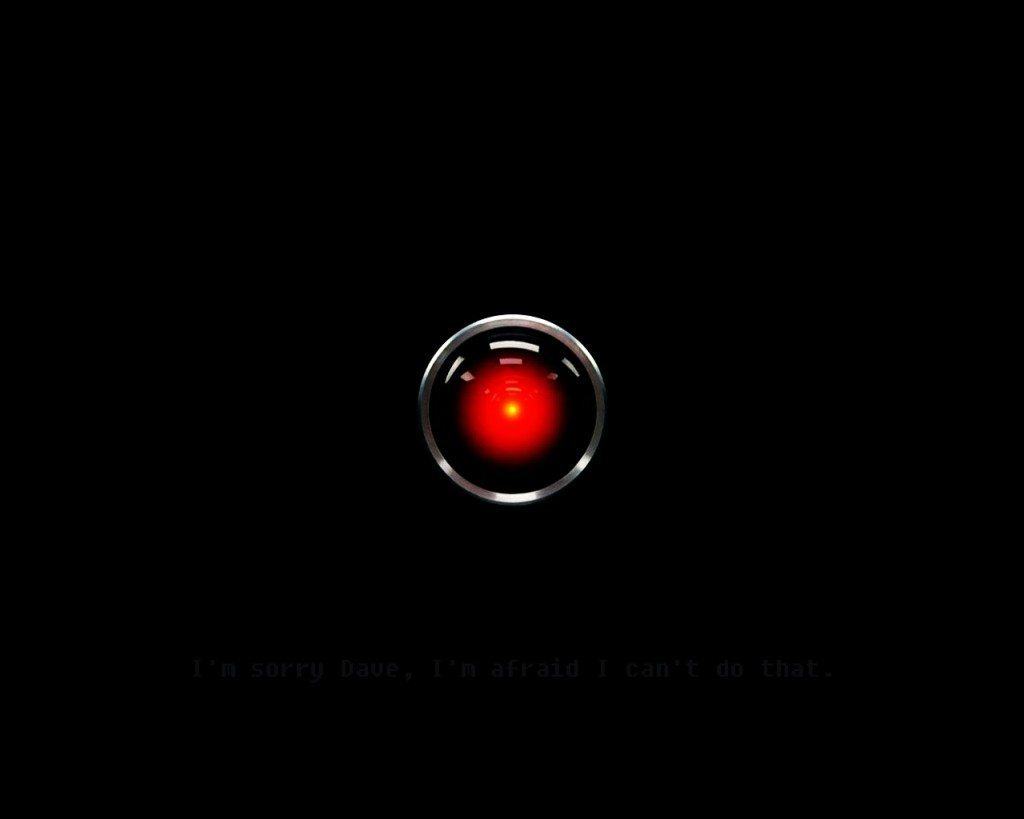Microsoft unloaded a ton of information at this year’s WinHEC conference on how Windows 10 will make inroads in the smart home market and elsewhere in 2017. Most of the company’s efforts regarding the Internet of Things-type devices that make today’s homes smart revolve around Microsoft Cortana, the digital assistant built into Windows 10, but Microsoft has also hinted that the Windows 10 home will involve PCs as well.
Some of what’s coming in next spring’s Creators update includes a “Home Hub” feature built into Windows 10 that assumes a screen will be present to display shared family information via Cortana. It appears that the Windows 10 IoT Core version will also accommodate the presence of a screen in those small devices, as ZDNet reports, but at the same time, new information has surfaced showing that Cortana will run on devices without screens as well.
More: Home Hub, Microsoft’s answer to Alexa and Google Home, could be PC-driven
Some of the kinds of smart devices that would benefit from IoT devices with screens include refrigerators and thermostats. Microsoft hinted at this capability in Windows IoT Core in a presentation on its Channel 9 video site titled “Cortana and the Speech Platform.”

windows-10-iot-core-devices
Microsoft
At the same time, Microsoft also issued a blog post Tuesday outlining new development tools to enable developers to integrate Cortana into their apps and devices. The Cortana Skills Kit will integrate apps with Cortana users on Windows, Android, iOS, Xbox and new “Cortana-powered devices.” Those devices will be enabled by the second tool, the Cortana Devices SDK.
While the details of those new tools are of primary interest to developers, Microsoft also provided a hint that its Home Hub ambitions are not, indeed, limited to just devices with screens. The company linked to a video teaser of a Cortana device coming from audio company Harman Kardon in 2017:
Clearly, while some assumptions have been made about Microsoft’s smart home strategy, its actual plans are more complex. Apparently, Amazon Alexa and Google Home really do have something to be worried about.







